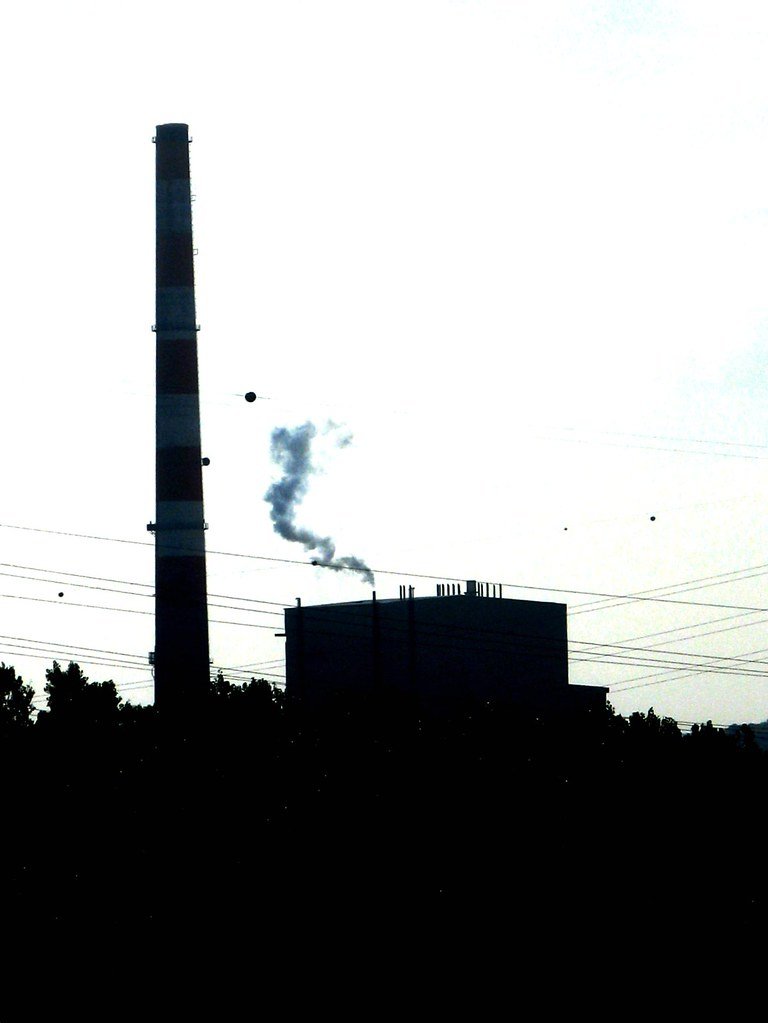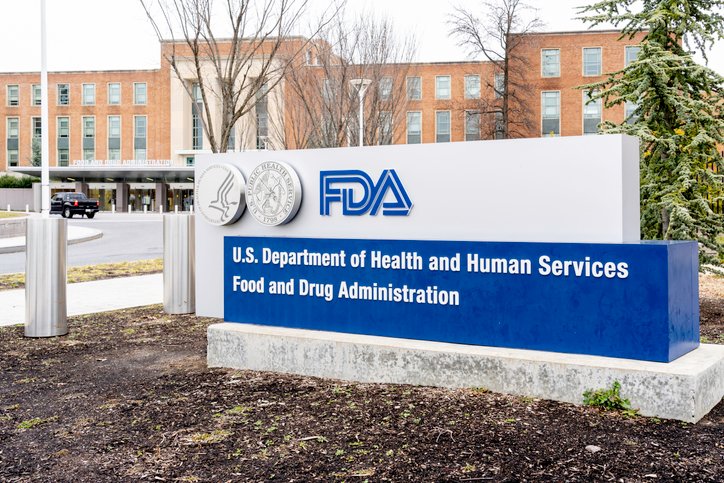
U.S. EPA denies appeal of grant termination for Louisville air toxics study
by Liam Niemeyer, Kentucky Lantern
August 14, 2025
The Trump administration has refused to fund a study that was to have measured toxic air pollution in West Louisville.
The U.S. Environmental Protection Agency denied an appeal of the EPA’s cancellation of the grant that was paying for the study, a spokesperson for Louisville’s air pollution regulator said.
The Lantern previously reported the Louisville Metro Air Pollution Control District was notified by the EPA in March that a $1 million grant for the study would be terminated because it was “inconsistent with, and no longer effectuates, agency priorities.” It was one of hundreds of canceled EPA grants, the majority involving environmental justice programs. The study was set to benefit predominantly Black neighborhoods in West Louisville.
The Louisville agency told the Lantern in May it would contest the grant termination through an internal EPA process. But Madd Mudd, a spokesperson for the air pollution district, in a statement Thursday to the Lantern said the appeal was rejected as Louisville Public Media previously reported.
“Clearly this is not the outcome we hoped for, but we will continue to keep our options open and conversations will continue with the county attorney’s office and our partners on the project about our path forward and other potential work together,” Mudd said.
The grant was set to pay for placing canisters and monitors measuring volatile organic compounds and airborne metals. Some of the monitors were to be placed downwind of Rubbertown, a collection of chemical plants near West Louisville that has been the subject of complaints from the adjacent neighborhoods and beyond. The monitors would have compared the levels of air pollution and health impacts to those in a study conducted in the early 2000s that found unacceptably high levels of a number of cancer-causing pollutants.
An EPA spokesperson in an emailed response to the Lantern repeated a statement the agency provided when asked about the grant termination earlier this year, saying the former Biden administration “shouldn’t have forced their radical agenda of wasteful DEI programs and ‘environmental justice’ preferencing on the EPA’s core mission of protecting human health and the environment.”
“The Trump EPA will continue to work with states, tribes, and communities to support projects that advance the agency’s core mission of protecting human health and the environment,” the spokesperson said.
The air monitoring was part of a larger community project studying the health impacts of air pollution involving multiple organizations. Arnita Gadson, the executive director of the West Jefferson County Community Task Force, one of the groups involved in the community project, told the Lantern the rejection of the appeal was “terrible.” She said a key part of the community project was educating local health care professionals on how to treat exposure to air pollution.
“This grant was to help people who had been disproportionately exposed to chemicals from the Rubbertown complex through no fault of theirs,” Gadson said.
Gadson said she wasn’t sure what would happen with the efforts to study the health impacts of air pollution near Rubbertown.
She said the community task force did a previous study with the University of Louisville that heard from people who were exposed to pollution from Rubbertown before the creation of the EPA in 1970.
“We found a few people who were still living, and the stories they told of living close to those companies — they were horrible,” Gadson said. “These are not ‘DEI’ people.”
This story was updated with a response from an EPA spokesperson.
Kentucky Lantern is part of States Newsroom, a nonprofit news network supported by grants and a coalition of donors as a 501c(3) public charity. Kentucky Lantern maintains editorial independence. Contact Editor Jamie Lucke for questions: info@kentuckylantern.com.
The Trump administration had previously canceled the grant, deeming it misaligned with the agency’s priorities and labeling environmental justice initiatives as “wasteful.” Local officials and community leaders have described this decision as detrimental to public health and have pledged to seek other alternatives.


